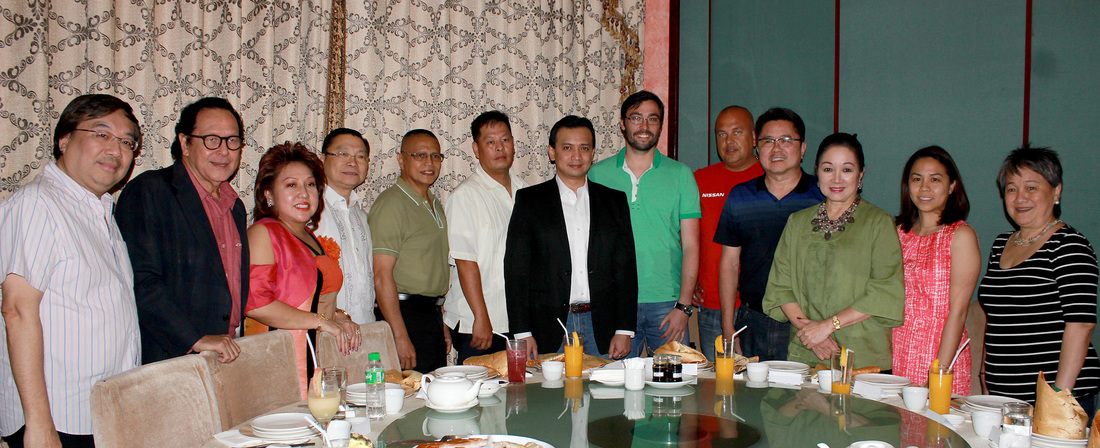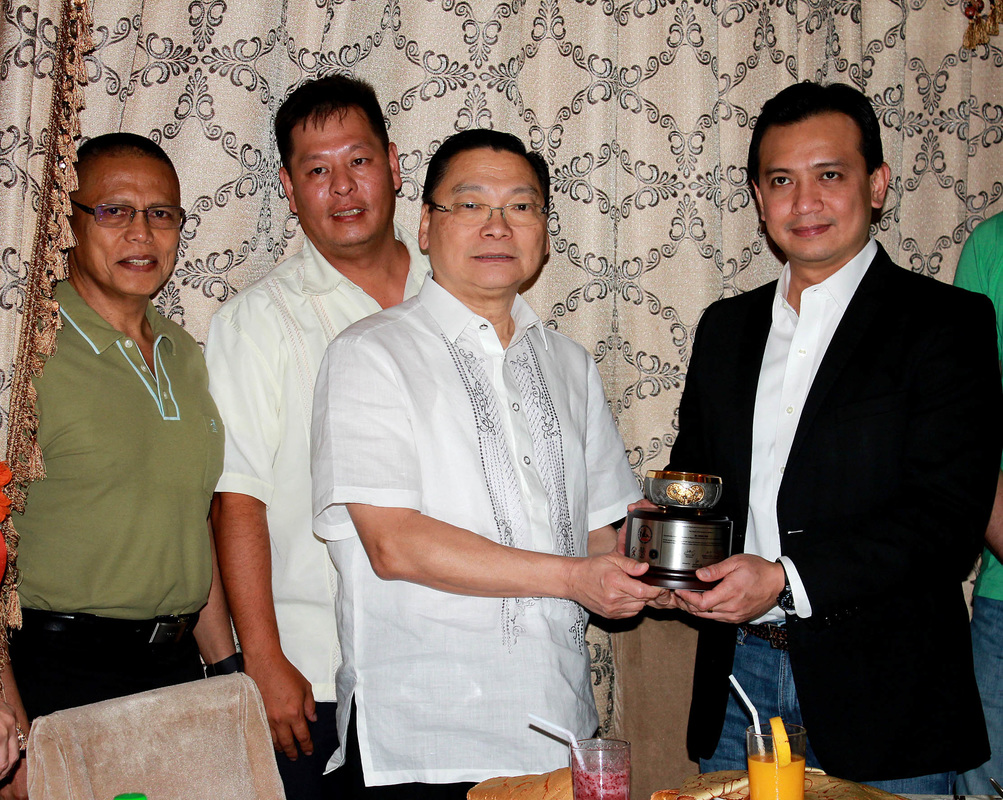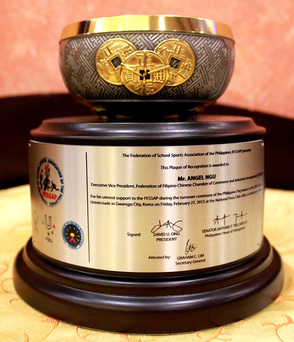Engaging actively in sports activities is essential to a healthy and robust life.
Thus declared Angel Ngu, the President of the Federation of Filipino-Chinese Chambers of Commerce and Industry Inc. who has been named by the Federation of School Sports Association of the Philippines (FESSAP) as the Deputy Head of the Philippine Delegation to the 28th Summer Universiade in Gwangju City, South Korea in July this year.
The radiant-looking, 67-year-old Ngu has been into soccer since he was 10 and a student at Chiang Kai Shek College. By 14, he was already into competitive football.
“It was my dad who influenced me to take up football,” said the Manila-born Ngu, who also headed the Filipino-Chinese Amateur Athletic Federation from 2009-11. “My father also played football during his prime and I often tagged along and joined him in the games.”
His fascination with soccer continued even when he attended the University of the East during the mid-1960s. “I was a member of the school team and played my hearts out every time we set foot on the football field and played against teams from other big schools.”
After college, he decided to form the Min-U Football Club (Friends of Manila). Together with his close friends, they would barnstorm the country for friendly matches. They would also showcase their wares overseas. A favorite destination was Taiwan, where their age-group counterparts would welcome them with open arms.
In 1989, Ngu also organized an international football tournament featuring athletes age 40 or older. The inaugural competitions were held in Manila with teams from Taiwan, People’s Republic of China, Hong Kong and the host country.
Among his veteran teammates at the time were soccer legends Anastacio Co and Bert Honasan, a brother of Senator Greg Honasan.
“I was so proud of the tournament’s success and more so because we were able to bring together teams from Taiwan and China at a time when the political atmosphere between the two countries was a bit frosty,” recalled Ngu.
The international tournament, which is called the Evergreen Cup, has since attracted teams from United States, Canada, Australia, New Zealand, Singapore and Malaysia.
Ngu noted the revival of football in the Philippines when the Azkals entered our national conscience once again in the 2000s due to the presence of Filipino-foreigners with brute physique but matinee idol-like good looks on the team.
“The Azkals have brought back the enthusiasm that the Filipinos had shown for the sport during the 1960s and 1970s,” said Ngu.
Ngu is looking forward to his role as the Deputy Head of Delegation for the Philippine national team that will participate in the Gwangju Universiade.
His advice to the university athletes: “Try your best to excel for the Philippine flag. No matter what sport you engage in, do your best. If we happen to win any medal, then that will be even better.”
The Philippines won a silver medal during the 2011 Shenzhen Universiade courtesy of Samuel Thomas Harper Morrison in men’s taekwondo.
Two years later, in Kazan, Russia, the country snared a gold in men’s chess when Wesley So beat a former juniors world champion from Armenia in a playoff to top an elite group of woodpushers that included young grandmasters from around the world.
Ngu is into his late 60s but until now, he still regularly plays the game of football.
Every Sunday, he and his friends troop to the Xavier School football field in Greenhills, San Juan City to play against teams from their age group and even those from the younger generation.
For Angel Ngu, old footballers do not die … they just continue to play the game.




 RSS Feed
RSS Feed
